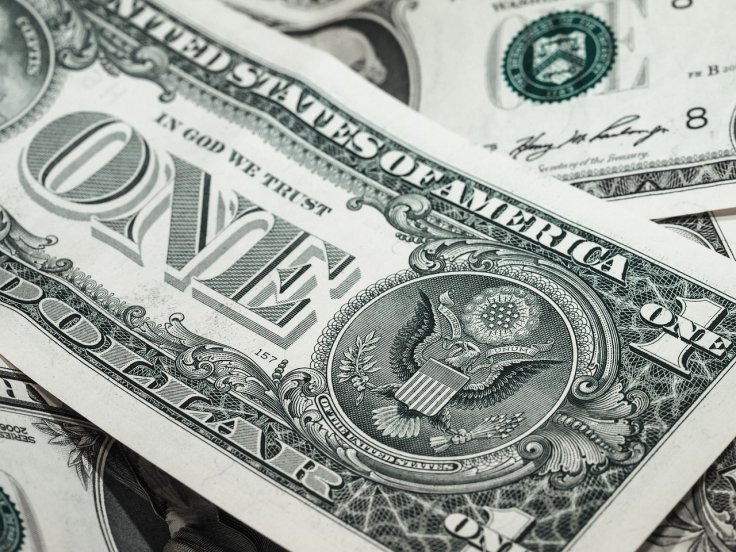Asian stocks suffered their sharpest drop in two months on Friday after the detection of a new and possibly vaccine-resistant coronavirus variant sent investors scurrying toward the safety of bonds, the yen and the dollar.
MSCI's broadest index of Asia-Pacific shares outside Japan fell 1.3%, its sharpest drop since September. Casino and beverage shares sold off in Hong Kong, and travel stocks dropped in Sydney.

Japan's Nikkei skidded 2.5% and U.S. crude oil futures fell nearly 2% as well amid fresh demand fears.
Detected in South Africa
Scientists said the variant, detected in South Africa, may be able to evade immune responses. British authorities think it is the most significant variant to date, worry it could resist vaccines and have hurried to impose travel restrictions on South Africa.
"You shoot first and ask questions later when this sort of news erupts," said Ray Attrill, head of FX strategy at National Australia Bank in Sydney.
South Africa's rand dropped 1% to a one-year low in early trade. The risk-sensitive Australian and New Zealand dollars fell to three-month lows and S&P 500 futures fell 0.9%.

The selling in Asia has global shares, on course for their worst week since early October. Dow Jones futures fell 1%, while FTSE futures and Euro STOXX 50 futures each dropped about 1.4%.
Little is known about the new variant. However scientists told reporters it has "very unusual constellation" of mutations, concerning because they could help it dodge the body's immune response and make it more transmissible.
"Markets are anticipating the risk here of another global wave of infections if vaccines are ineffective," said Moh Siong Sim, a currency analyst at the Bank of Singapore.
"Reopening hopes could be dashed."
Moves in Treasuries were also sharp following the Thanksgiving holiday and yields quickly pulled back some of the week's gains. Benchmark 10-year yields fell nearly 6 basis points to 1.5841%.
The yen jumped about 0.4% to 114.84 per dollar and the Aussie was last down 0.5% at $0.7148.
The moves come against a backdrop of concern about COVID-19 outbreaks driving restrictions on movement and activity in and as markets aggressively price U.S. rate rises next year.
European countries expanded COVID-19 booster vaccinations and tightened curbs overnight. Slovakia announced a two-week lockdown, the Czech government will shut bars early and Germany crossed the threshold of 100,000 COVID-19-related deaths.
Shanghai on Friday limited tourism activities and a nearby city cut public transport as China doubles down on its zero-tolerance approach that is also unnerving traders.
At the same time a slew of stronger-than-expected U.S. data points has Fed funds futures markets priced for as many as three rate hikes in 2022.








